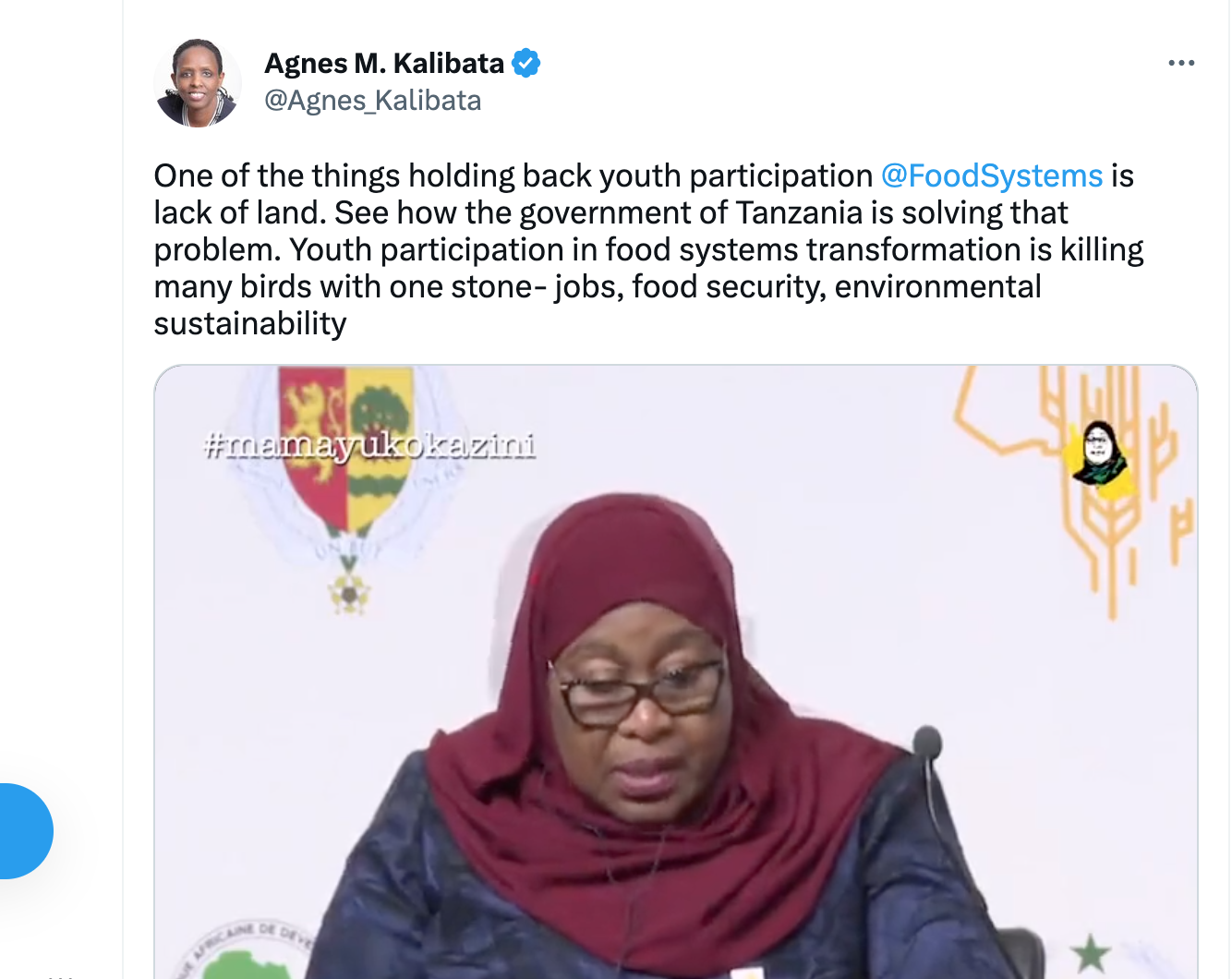COP28: Food Systems Take Center Stage in Climate Action
The World Climate Action Summit (WCAS) in December marked a significant shift in the global approach to climate change. It was not a mere forum for empty promises and distant targets but a pivotal moment where food systems were thrust into the spotlight as a linchpin for mitigating and adapting to climate change.
Leaders from 176 nations came together and faced an undeniable truth: our current food systems are a major driver of climate change, and their transformation is indispensable to achieving the goals of the Paris Agreement. The urgency of the situation was underscored by the latest report from the Intergovernmental Panel on Climate Change (IPCC), which sounded the alarm that we are dangerously off course in our quest to limit global warming to 1.5°C.
WCAS responded with tangible actions. High-level dialogues delved deep into the intricacies of food systems, laying the groundwork for sector-specific commitments aimed at reducing emissions, especially from sources like methane, non-CO2 gases, and coal. These commitments were not relegated to the distant future; they were immediate, actionable solutions with the potential for immediate impact.
However, the summit was not solely focused on emissions. Leaders recognized the pressing need for an “Impactful Global Goal for Adaptation,” shining a spotlight on the vital role of adaptation alongside mitigation efforts. The summit also emphasized the critical importance of safeguarding nature, preserving lives, and securing livelihoods, acknowledging that climate action transcends mere statistics.
One of the most groundbreaking outcomes was the COP28 UAE Declaration. A total of 137 world leaders pledged to integrate food systems transformation into their national climate plans. This was not a symbolic gesture; it was a resounding commitment backed by a substantial $2.6 billion in funding for initiatives related to regenerative agriculture and climate-food innovation.
WCAS was not just a platform for rhetoric; it was a call to action. It served as a stark reminder that food systems are not passive victims of climate change but potent tools for addressing it. The initiatives and dialogues that unfolded at the summit set the stage for a future where food systems do not merely survive but actively contribute to a cooler, more sustainable planet.
This is a turning point—an acknowledgment that we are no longer discussing hypotheticals or deferring action to a distant future. The time for action is now, and we must act collectively. WCAS illuminated the fact that food systems are not merely a side dish on the menu of climate solutions; they are the main course. Let us embrace this challenge and work towards a future where delectable plates are served on a planet that thrives in health and sustainability.


